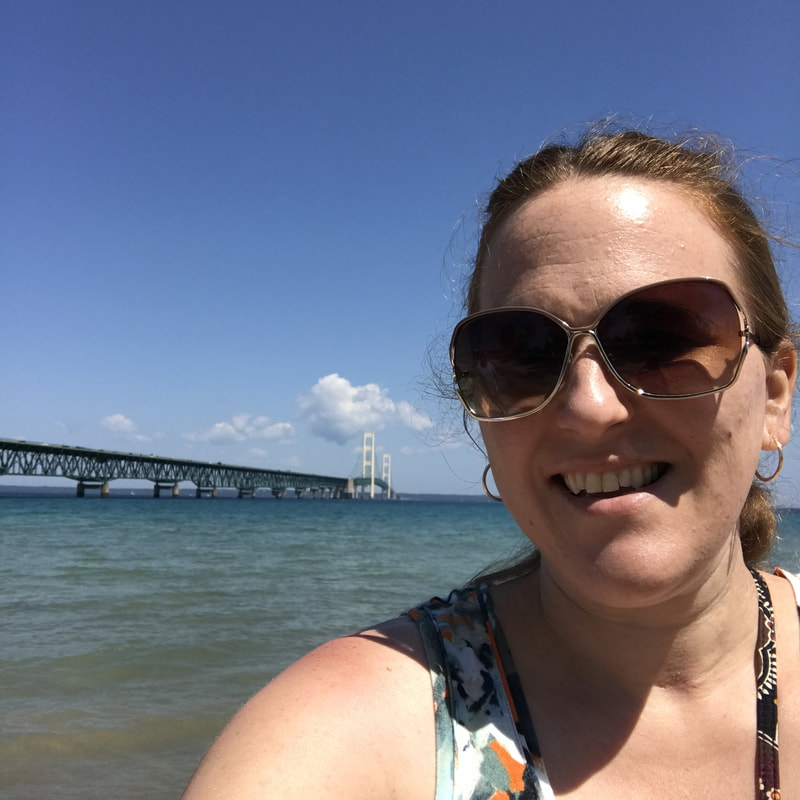1.) Facts are limited and/or flawed. In meteorology, we call these facts 'observations' and we collect them through various instruments like thermometers, barometers, and anemometers. All instruments like these have built-in uncertainty limits even when they are working properly, and then you have some instruments that break, are "off-line" for awhile, and need to be replaced, which leads to gaps in observation data. Also, the atmosphere is completely fluid, but, even for ground-level observations, it's impossible to have weather sensors at every single point in the forecast area. Upper-air observations, which are collected via weather balloons, are even more spread out (hundreds of miles apart), so much more interpolation has to happen in the vertical plane. (Let's not even talk about the lack of observations across the oceans.)
Fellow genealogists, can you see the similarities here? We work with limited facts. In a BEST case scenario, we get a census schedule every ten years, a birth record, marriage record, birth records of children, death record, and maybe an obituary. Yep, we do a LOT of interpolation to try to fill in the other years of a person's life. And, of course, the 'facts' written on those documents could be completely wrong, leaving you with even more gaps in your data and/or leading you down the wrong path.
2.) Working with imperfect models. Meteorologists use computer models to forecast the weather. The models, which consist of LOTS of complex physical equations, use the observations to solve the equations, and the results tell us what the atmosphere is going to do in the future. Since the observations are only for a few points along the map, models do a lot of interpolation between observation points, and, even when the observation data is good, those interpolations are not perfect. (And when the observations themselves are bad, the solution is just going to be bad: Garbage In, Garbage Out, right?) Not only that, but there are many atmospheric processes and features that are 'parameterized,' meaning that they are represented in the models using over-simplified equations and assumptions. Assumptions: Any genealogist knows that assumptions can lead you down the wrong family tree branch quickly.
What kind of models do genealogists use? How about the models of the nuclear family (parents, their children) and the extended family (grandparents, aunts, uncles, cousins)? Not all of our ancestors lived in and maintained traditional nuclear families: some were adopted or spent entire childhoods in orphanages, some had extra-marital affairs, some divorced and lived as single parents or remarried again. The same goes for the extended family model - was that 'Uncle John' listed in the census form really a blood-relative, or just a close family friend? I don't necessarily like calling non-nuclear family units 'imperfect' - a better term I think would be 'unexpected' as we are more or less conditioned to search for ancestors in these neat and tidy family units. However, those assumptions can ultimately prevent us from making major discoveries about our relatives.
And whether you realize it or not, if you are a family historian, you've probably also employed human behavior models whenever you've tried to figure out WHY an ancestor did something or acting in a certain way. "Oh great-great-grandma once worked as a prostitute? She must have been extremely poor to have had to resort to that." In most cases, that would be a good assumption, but not always. "Grandpa moved across the country during the Depression? Must have been looking for a job." Again, not a bad assumption, but not necessarily true, unless you have documentation.
3.) Reasons #1 and #2 can lead to what meteorologists call 'busts,' which are simply bad forecasts. If you've ever done any sort of extensive family history research, you've probably experienced a genealogy bust yourself. So, you thought Great-Grandpa John Miller's birthday was xx Mar 18xx, because that is what is listed on his death certificate. You find a birth record with the same name and date and then start tracing back his family tree based on the parents listed. Except that this is the birth record of a different John Miller, not your ancestor. Doh!
4.) Some questions/events are unsolvable (at least for the time being). Meteorologists do a lot of case studies, looking back at notable weather events to try to learn why the computer models and forecasters either succeeded in predicting the event accurately or did not. Many times, after a long and careful analysis, they do figure out why the atmosphere behaved the way that it did during the event, but sometimes they don't. For genealogists, we know that if a courthouse or archive site has burned down (taking all its records with it), we may never be able to get grandma's birth record. If a father is not listed on an Old World baptism record, we may never be able to find out who that person was. In cases like these, meteorologists work toward developing a better understanding of the physics of the atmosphere, and genealogists keep up the hope that perhaps a new record set will come to light that will solve their mysteries in their trees.
©2013, copyright Emily Kowalski Schroeder


